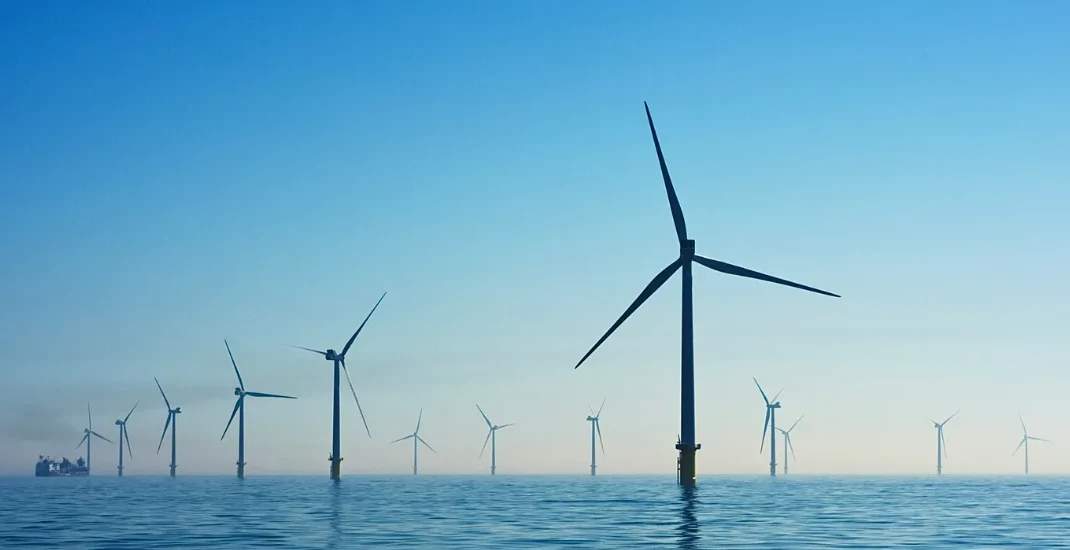Paris Agreement: 10 Years of Progress and Setbacks
10 NOV 2025 11:33

Paris Agreement: 10 Years of Progress and Setbacks
10 NOV 2025 11:33
10 years have passed since the signing of the Paris Agreement, a landmark in the fight against climate change. At that time, for the first time, nearly 200 countries undertook a binding agreement to keep global warming below 2 degrees Celsius and to strive to limit it to 1.5°C by the end of the century. Scientists considered this very threshold critical, the exceeding of which would lead to irreversible damage.
Today, November 10, world leaders are gathering in Brazil to participate in the 30th climate summit (COP30). What has been achieved over this decade is presented in the 2025 "Emissions Gap Report" by the UN Environment Programme (UNEP).
So, what went wrong? Despite efforts, countries continue to use oil, gas, and coal, causing temperatures to rise, leading to deadly storms, floods, and extreme heat. The last decade has become the hottest in the entire history of observations.
In 2025, the world passed its first climate "tipping point" as ocean warming led to mass coral bleaching. Other critical thresholds, such as the disappearance of the Amazon forests and the halt of crucial ocean currents, are also dangerously close.
In 2024, absolute emissions rose sharply, reaching a record 53.2 gigatons of CO2 equivalent. Two-thirds of this is accounted for by eight economies: China, the US, the EU, India, Russia, Indonesia, Brazil, and Japan. Of these major polluters, only the EU and Japan have reduced their annual emissions compared to 2023.
According to current forecasts, by 2100, the global temperature will rise by 2.3-2.5°C. This is a slightly better figure than last year's forecast of 2.6-2.8°C. Ten years ago, an increase of up to 3.5°C was predicted.
Investment in clean energy now doubles the investment in the fossil fuel sector. Since the signing of the Paris Agreement, the share of global energy from renewable sources has tripled, reaching 40% of global electricity.
In the last decade, the share of electric vehicles in the total volume of cars sold has increased from 1% to almost 25%. The world will reach the 2030 target of 100 million electric vehicles on the roads ahead of schedule.
However, experts warn that current measures are still far from the set goals. Even a 2.6°C warming scenario would lead to an additional 57 deadly hot days per year compared to today's level.
Related Reads
Sign in or create a free ReOpen Media account to post comments